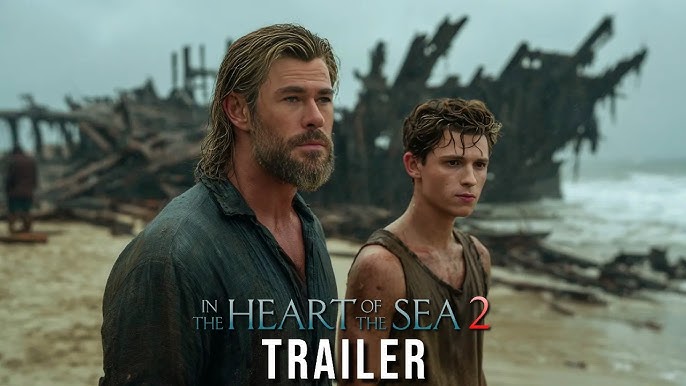Pihalla: A Finnish Exploration of Love, Friendship, and Youthful Freedom
Released in 2017, Pihalla—known internationally as Playing Outside—is a Finnish romantic drama directed by Nils-Erik Ekblom. The film tells a heartfelt story about self-discovery, love, and the delicate transition from adolescence to adulthood. With its gentle tone and focus on everyday life, Pihalla reflects the Scandinavian tradition of intimate, character-driven storytelling while offering a fresh look at the complexities of modern relationships.
At the center of the film is Olli (Mikko Kauppila), a shy and introverted teenager who struggles to find his place in the world. Living in a quiet Finnish town, Olli spends much of his time on his own, unsure of how to connect with his peers or express his emotions. His world begins to change when he meets Aleksi (Valtteri Lehtinen), a more confident and outgoing young man who seems to embody the freedom and self-assurance Olli lacks. The two boys form a bond that grows into something deeper, leading Olli to confront not only his feelings for Aleksi but also the challenges of coming to terms with his own identity.

Pihalla is not just about romance—it is also about friendship, family, and the desire for acceptance. The film captures the uncertainty of being young, when every choice feels overwhelming and every relationship carries the potential to transform one’s life. Through Olli’s perspective, the audience experiences the fear of rejection, the thrill of first love, and the bittersweet realization that growing up means learning to embrace vulnerability.
One of the strengths of Pihalla lies in its atmosphere. The film makes use of Finland’s natural landscapes—quiet suburbs, lakes, and open fields—to reflect the emotional states of its characters. Its cinematography favors natural light and simplicity, creating an authentic, almost documentary-like realism. Combined with the understated performances of the cast, this style gives the film an intimate quality, as if viewers are quietly observing the characters’ private lives unfold.
Thematically, Pihalla addresses the challenges faced by LGBTQ+ youth in a society that is still learning to embrace diversity. While Finland is often regarded as progressive, the film acknowledges the social pressures and insecurities that can weigh heavily on teenagers exploring their sexual orientation. Olli’s journey is not sensationalized; instead, it is portrayed with tenderness and honesty, emphasizing the universal nature of longing and self-discovery.
![Screwed [Pihalla] *** (2017, Mikko Kauppila, Valtteri Lehtinen, Sanna Majuri, Juho Keskitalo) – Classic Movie Review 12,655 | Derek Winnert](https://www.derekwinnert.com/wp-content/uploads/2023/09/R-2.jpg)
Critical reception of Pihalla highlighted its sincerity and relatability. Some praised the film’s ability to portray queer romance as natural and unforced, avoiding melodrama in favor of subtle emotional truths. Others noted that its slow pace and understated style might not appeal to viewers seeking dramatic twists. Nonetheless, its quiet strength lies in its authenticity—capturing the everyday realities of young people navigating love and identity.
In conclusion, Pihalla is a touching coming-of-age film that explores the transformative power of love and connection. Through its gentle storytelling, naturalistic visuals, and empathetic portrayal of youth, it offers a moving look at what it means to find oneself in the face of uncertainty. For audiences interested in heartfelt LGBTQ+ narratives or intimate Finnish cinema, Pihalla stands out as a poignant and memorable contribution.


